Laos: Culture and Society
by Grant Evans1999. 328pp., 15x23cm,
Laos: Culture & Society is the first comprehensive social and cultural study of this fascinating part of the world in forty years. For too long Laos has been overshadowed by studies of neighbouring societies.
Laos stands at the centre of mainland Southeast Asia. It shares borders with all the main states there, including China, so that when one engages with Laos, one touches the heart of the region. Any study of culture and society in Laos inevitably leads into broader issues associated with all of the surrounding societies, whether related to early origins or contemporary developments.
The essays in this volume focus on Laos, but the issues they raise go beyond the boundaries of the Lao state. They ask: what is Lao culture and society? Is it confined to Laos? They explore the creation of the idea of Laos and its culture, whether it be through literature, tourism, or politics, thereby contributing to more general debates on the nature of Southeast Asian nationalism. They take up questions of minorities in Laos and issues of ethnic change. They look at Laos in its regional context, and at Lao businessmen in their new global context.
About the Author
GRANT EVANS is Reader in anthropology, Department of Sociology, the University of Hong Kong, PRC. He has written extensively on Laos and on Southeast Asia.
What others ar saying
“For over four decades Laos has remained hidden from scholarly view . . . The high quality of all the essays makes this volume a must read for the Southeast Asian specialist, and illustrates the importance of interdisciplinary perspectives and the rewards of international scholarly collaboration. For the general reader interested in Southeast Asia, these essays are accessible and informative.”—CHOICE
“Anyone interested in the landlocked former kingdom will want to read and digest this, with its recurring themes of what it is to be Lao, and what constitutes Lao culture.”—THE NATION
“This book is a benchmark of research on Laos and the Lao, and essential reading for anyone seriously interested in this part of the world.”—NEW ZEALAND JOURNAL OF ASIAN STUDIES
XXXX

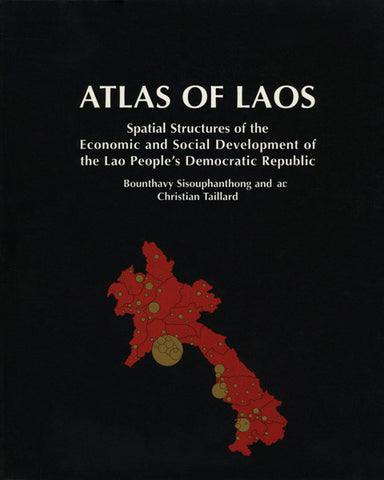
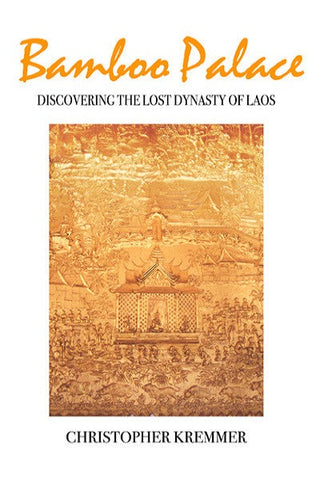
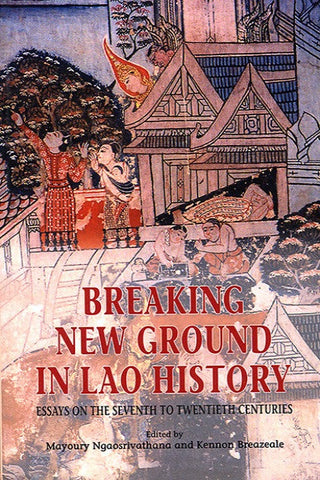
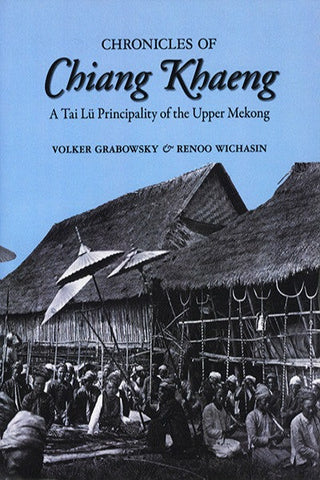
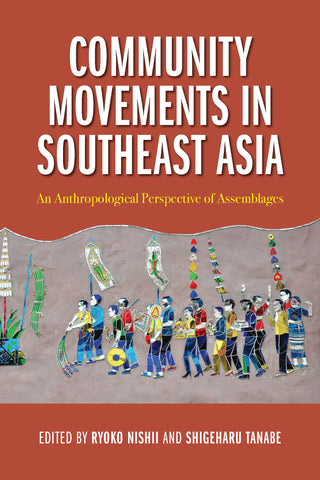
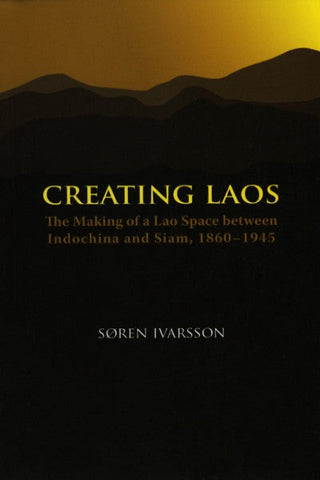
Share this item: